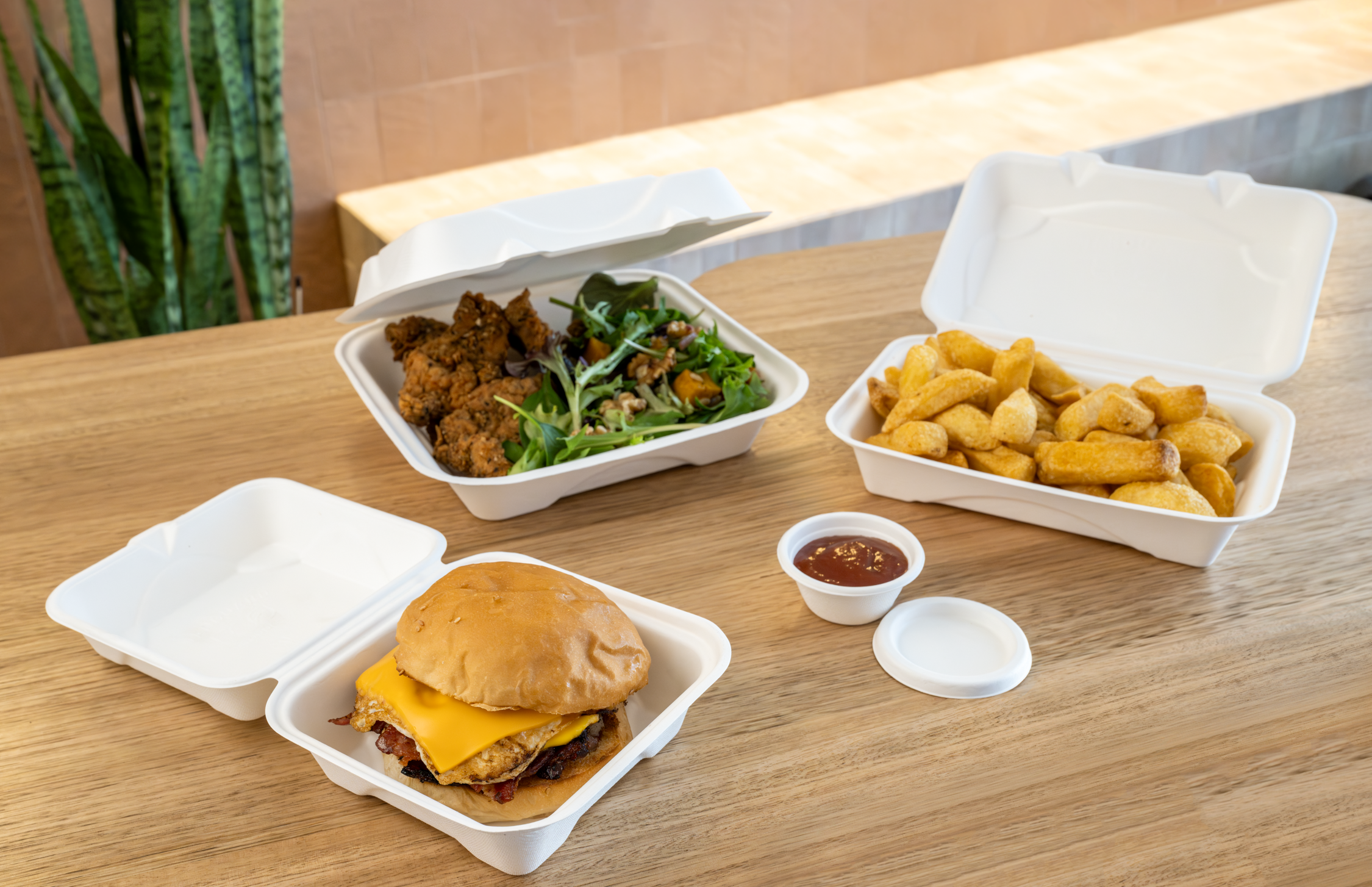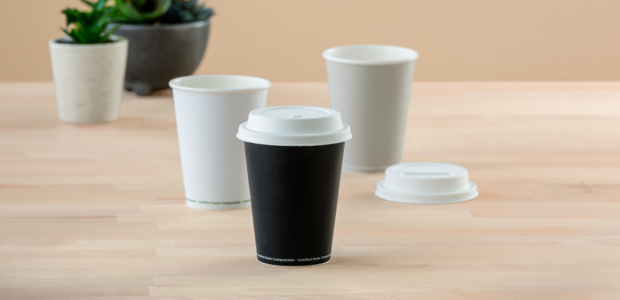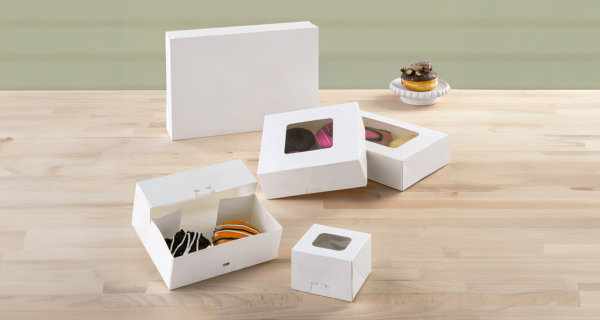While most people want to know what goes into the food they’re eating, have you ever wondered what’s in the food packaging itself?
As it turns out, there could be more to your food packaging than meets the eye. Read on to learn more about PFAS, their environmental impact and the steps we’re taking at Detpak towards more sustainable, no-added PFAS food packaging.

Environmental impact of PFAS
Added PFAS pose a concern to the environment for a number of reasons, from their persistence and bioaccumulation to their potential toxicity, which is subject to ongoing investigations. Here are just some key aspects of the environmental impact of PFAS:
• Persistence: PFAS are highly persistent in the environment, meaning they don’t break down easily over time. And because they’re able to move freely through soil, water and animals, they can lead to long-term contamination.
• Bioaccumulation: PFAS have the ability to accumulate in living organisms. This bioaccumulation occurs as PFAS are absorbed by plants and animals from the surrounding environment. In aquatic ecosystems, PFAS can accumulate in fish and other organisms, potentially leading to higher concentrations as they move up the food chain.
• Contamination of water sources: PFAS can contaminate groundwater and surface water. Industries that use or produce PFAS, as well as areas where firefighting foams containing PFAS have been used, are often common sources of water contamination.
• Global reach: PFAS have quickly become a global environmental issue. Due to their ability to move easily through water sources and soil, they’ve been detected in remote areas far from their original sources of production or use. This widespread distribution indicates the global impact of these substances and the need to move away from products containing added PFAS.
Addressing the environmental impact of added PFAS requires a combination of regulatory measures, responsible waste management practices and the development of safer alternatives to these substances. Ongoing research is essential to better understand the full extent of the environmental consequences and to identify effective strategies for mitigation and remediation. With this in mind, it’s best to err on the side of caution by taking proactive steps to reduce your exposure to PFAS and minimise the chance of PFAS ending up in the environment.


Moving towards No Added PFAS packaging
There are currently no set regulations surrounding the use of PFAS. The PFAS group covers more than 4,700 substances and current legislation makes it incredibly challenging to regulate chemicals on a group basis. However, the Australian Packaging Covenant Organisation (APCO) has announced a voluntary, industry-led Action Plan to ‘Phase Out of PFAS in Fibre-Based Food Contact Packaging.
As an APCO member and responsible manufacturer, Detpak are now in the process of replacing added PFAS materials and products within our Australian supply chain in line with APCO’s suggested PFAS Action Plan timeline.
As part of our efforts to eliminate added PFAS in food packaging, we’ve introduced our Vanguard® range by Eco-Products®. This sugarcane packaging range uses proprietary alternative compounds to achieve oil and grease resistance, without the addition of harmful PFAS chemicals. The Vanguard® range is also GreenScreen Certified™ Silver, which means that the PFAS-alternative formulation does not contain any other chemicals of high concern.
The Vanguard® range includes a variety of food packaging options, including moulded fibre clams, bowls, portion cups and plates. Each product in the Vanguard® range shares the same size specifications as the traditional range of Eco-Products sugarcane, ensuring a smooth transition between products and the same fit-for-purpose. Removing the added PFAS chemicals can reduce the level of grease resistance, so we recommend testing in your own operating environment.
At Detpak, we offer a range of sustainably sourced packaging options to help eliminate packaging waste. That way you can make a positive impact on the environment by using sustainable packaging materials. Make the switch to no added PFAS food packaging today and explore Detpak’s Vanguard® range from Eco-Products.



